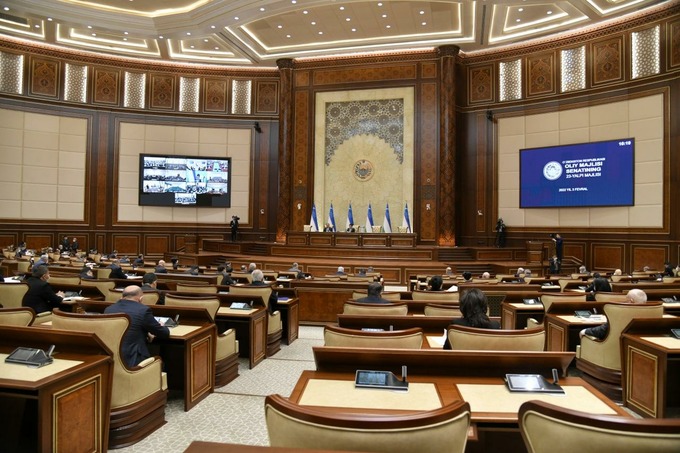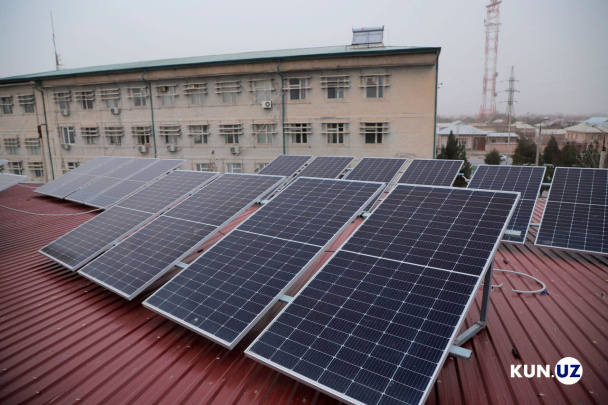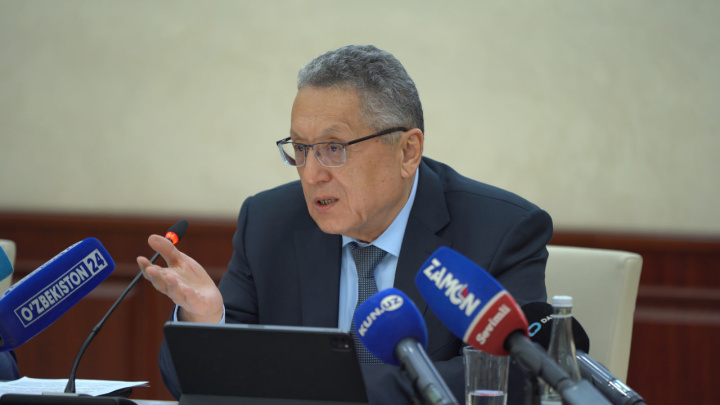Senate approves extension of zero VAT period for meat and vegetable oil imports
At the 23rd plenary session of the Senate on February 3, the Senate approved a law amending the Tax Code to extend the benefits of value added tax (VAT) for a number of foodstuffs.

Photo: senat.uz
From May 1 to December 31 last year, the import of vegetable oil, sunflower and flax seeds, as well as soybeans, production and (or) sale of vegetable oil (except cottonseed oil) was exempt from VAT.
The presidential decree also exempted from VAT the import and sale of beef, mutton and poultry, live animals (cattle and poultry) and their products, potatoes, frozen fish, etc. from October 10 to December 31.
The document, which now has to be signed by the President, provides for the extension of tax breaks until April 30, 2022.
Answering the senator’s question, Dilshod Kholmurodov, head of the CabMin Secretariat, announced how the government plans to keep prices after April.
“As for what will happen after April, of course, the government is working systematically on this as well. In early January, the Cabinet of Ministers approved a “Roadmap” for 2022 to ensure price stability in the economy, that is, prices in the domestic market. It outlines a number of measures to fill the domestic market with foodstuffs throughout the year. In particular, in 2022, 207,000 hectares of land will be returned to use, and planting will begin in March. They are additional lands for growing melons, potatoes, fruits and vegetables, cattle, fodder for sheep and goats,” he said.
In addition, in 2021, 604,000 hectares of land will be allocated for the cultivation of agricultural products, while this year it is planned to allocate another 81,000 hectares.
“It is expected that the volume of food production in the domestic market will increase due to the cultivation of additional agricultural products. This is expected to serve as a factor in reducing inflation and ensuring price stability,” Dilshod Kholmurodov said.
According to the results of 2021, the volume of food stocks in Uzbekistan (potatoes, vegetables and other products) increased by 3%.
“These stocks will be released in the domestic markets and shops throughout the year and in the coming months. In this way, measures will be taken to ensure price stability in the domestic market,” the government spokesman said.
At a meeting of the Legislative Chamber in January, Deputy Finance Minister Jamshid Abruyev had previously described how VAT exemptions had affected food prices. According to him, if the zero tax rate is extended, in 2022, the state budget will lose another 800 billion soums.
Earlier, local producers Jizzakh Organic and Promeat spoke about the situation in the livestock and meat industry, the consequences and risks of VAT exemption, and what alternative solutions they can offer to prevent the rise in meat prices.
Related News

17:09 / 15.11.2024
Uzbekistan to restrict imports of certain solar equipment starting 2025

18:45 / 14.11.2024
BYD’s arrival sparks new restrictions on private EV imports in Uzbekistan

15:00 / 01.11.2024
Central Bank: Uzbekistan’s energy import reliance on Russia poses price risks

14:09 / 14.10.2024



